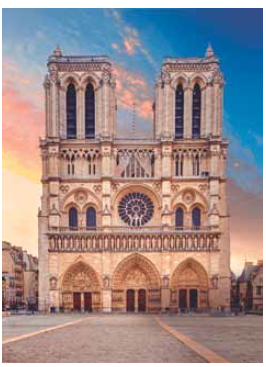Questões de Vestibular SÃO CAMILO 2019 para Processo Seletivo - 1º Semestre de 2020- Medicina Prova II
Foram encontradas 50 questões
(Maria Sonsoles Guerras. Os povos bárbaros, 1987. Adaptado.)
Apesar de “perigosa”, essa política do Império Romano apresentou, como vantagem,

(nationalgeographicbrasil.com)
O estilo dessa construção está relacionado
(Fernando Seffner. Da Reforma à Contrarreforma, 1993.)
Da afirmação, depreende-se que o calvinismo
(João Fragoso e Roberto Guedes. “Apresentação”. In: João Luís R. Fragoso e Maria de Fátima Gouvêa (org.). O Brasil Colonial, vol. 3, 2014. Adaptado.)
O excerto faz referência
(Hamilton de Mattos Monteiro. “Da independência à vitória da ordem”. In: Maria Yedda Linhares. História geral do Brasil, 2016.)
As afirmações do excerto podem ser exemplificadas pela
(Francisco M. P. Teixeira. História concisa do Brasil, 1993. Adaptado.)
Os “setores hegemônicos das elites” mencionados pelo historiador eram
(Michelle Perrot. Os excluídos da história: operários, mulheres e prisioneiros, 2017.)
Na Europa, essa “promiscuidade” e os “amontoamentos” decorreram
(Paul Singer. “O processo econômico”. In: Daniel Aarão Reis (coord.). Modernização, ditadura e democracia: 1964-2010, vol. 5, 2014. Adaptado.)
Um dos motivos para essa contenção inflacionária durante o “milagre” foi









